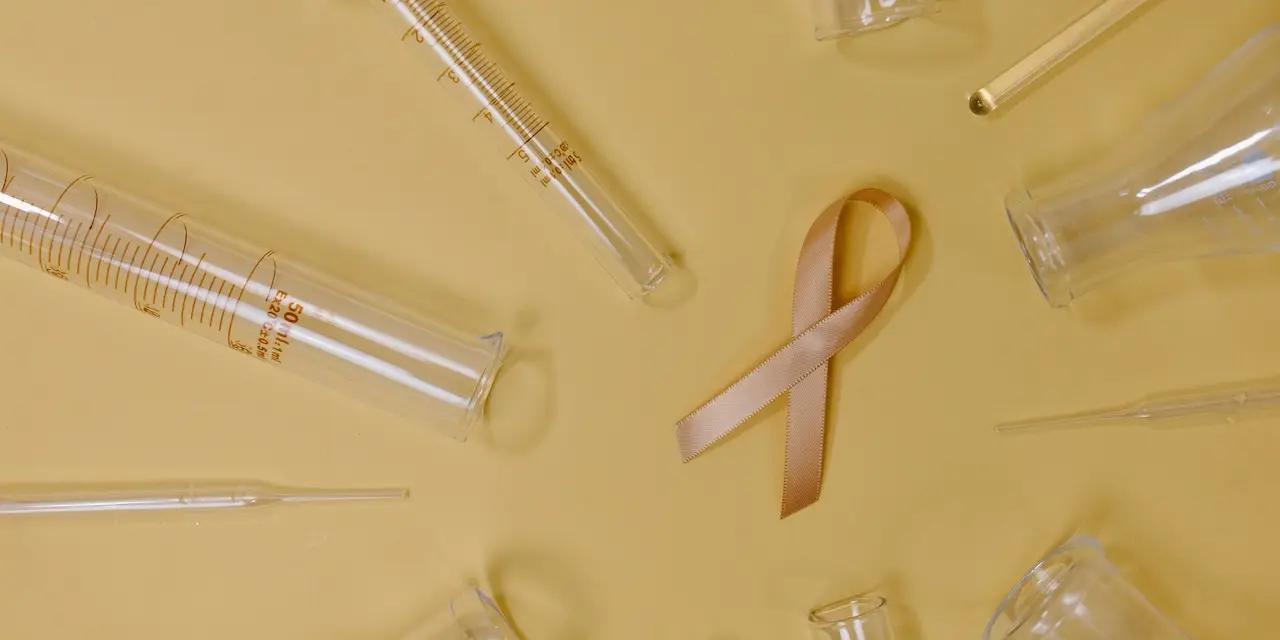
For resistant breast cancers, two drugs may be better than one
Cancer cells are even smarter than scientists previously believed, according to new CU Boulder research. When these cells are confronted with potent new drugs called CDK2 inhibitors, which are designed to prevent cancer from proliferating, they can trigger a workaround to survive the assault in as little as one to two hours.
But the study, published June 8 in the journal “Cell,” comes with a silver lining.
It reveals how cancer cells complete this adaption and shows that simultaneously administering a second, already widely available drug may hobble cancer cells and shrink resistant tumors. The findings bolster the idea, which is currently under investigation in at least three clinical trials, that when it comes to treating resistant breast cancer, two drugs may be better than one.
“Our research suggests that you can potentially have a more effective treatment by combining these new CDK2 inhibitors in clinical development with a drug that already exists,” said senior author Sabrina Spencer, associate professor of biochemistry at CU Boulder. “It also uncovers a very basic, fundamental understanding about how the cell cycle is wired for robustness and why so many tumors manage to proliferate in the face of drugs meant to block proliferation.
A promising new frontier in cancer treatment
The study, a collaboration with pharmaceutical company Pfizer Inc., centers around a class of new drugs called CDK inhibitors.
Cyclin-dependent kinases (CDKs), including CDK 4, 6, 2 and 1, are enzymes that usher all cells, such as skin or breast tissue cells, through the cycle of growth, division and replication. Each of the enzymes has its own function and place in the process, and scientists believe that 4 and 6 kick-start the cycle. When CDKs become overexpressed or dysregulated, they can drive tumor formation.
Since 2015, the U.S. Food and Drug Administration has approved three drugs to inhibit CDK4 and 6 (Palbociclib, Ribociclib and Abemaciclib), including for the most common subtype of breast cancer, known as HR+ HER2- (hormone receptor-positive, ERBB2-negative metastatic cancer). The drugs have proven less toxic and more effective than previous treatments, propelling them to blockbuster status with billions of dollars in annual global sales.
But some patients don’t respond to them and many develop resistance, a fact that has prompted researchers to go after a different member of the enzyme family – CDK2.
In 2016, Pfizer began collaborating with Spencer, a global leader in time-lapse cell imaging, to study how cancer cells respond to their new CDK2 inhibitor. Spencer’s lab took pictures of living ovarian and breast cancer cells every 15 minutes over the course of two days.
Source link:https://www.worldpharmanews.com/




